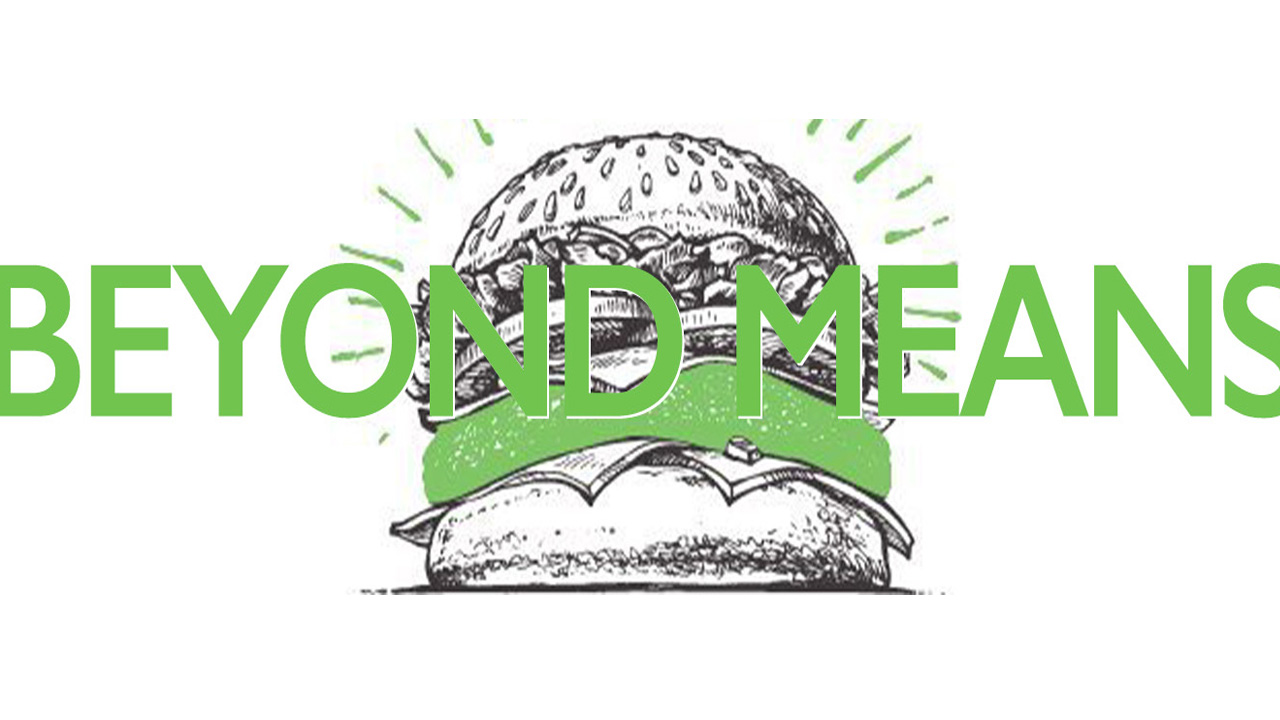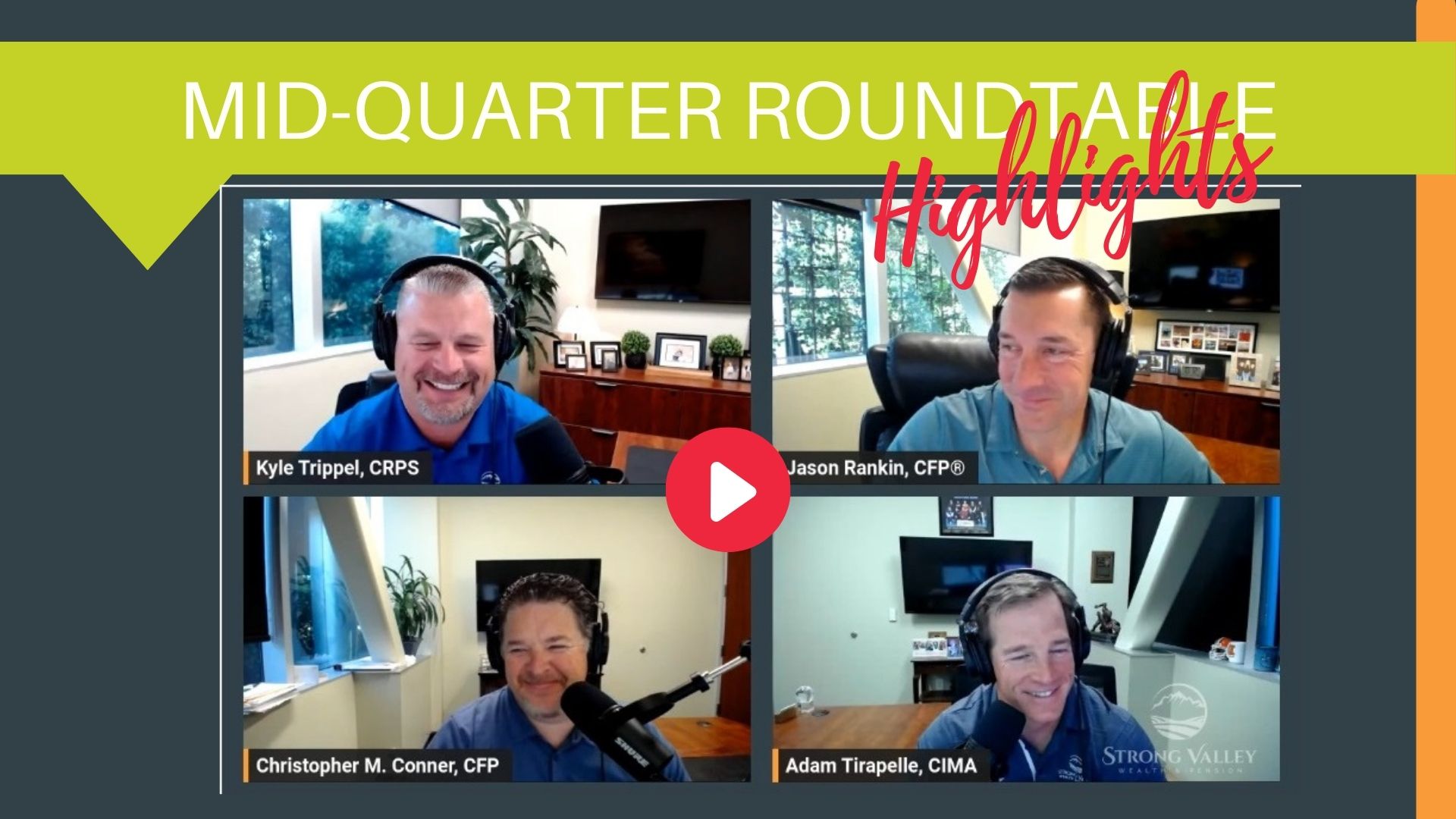You are now leaving the Strong Valley Wealth & Pension, LLC ("Strong Valley") website. By clicking on the "Schwab Alliance Access" link below you will be entering the Charles Schwab & Co., Inc. (“Schwab”) Website. Schwab is a registered broker-dealer, and is not affiliated with Strong Valley or any advisor(s) whose name(s) appears on this Website. Strong Valley is/are independently owned and operated. Schwab neither endorses nor recommends Strong Valley. Regardless of any referral or recommendation, Schwab does not endorse or recommend the investment strategy of any advisor. Schwab has agreements with Strong Valley under which Schwab provides Strong Valley with services related to your account. Schwab does not review the Strong Valley website(s), and makes no representation regarding the content of the Website(s). The information contained in the Strong Valley website should not be considered to be either a recommendation by Schwab or a solicitation of any offer to purchase or sell any securities.

Living beyond your means won’t bring happiness or satisfaction. It’s a common problem in our culture because we are bombarded by endless advertising encouraging consumption. Even financially successful people struggle with a sense of scarcity. If you feel that no matter how much money you earn is never enough, how do you make a plan? This article gives tips on how to face your financial fears.

Do you ever feel that no matter how much money you earn, it’s never enough? Do you spend beyond your means, but still aren’t satisfied?
Even financially successful people struggle with a sense of scarcity. We might say that money, status and success don’t lead to increased happiness, but many of us still unconsciously think that more is always better.
People of all incomes face social pressure and visions of a more expensive lifestyle. Getting bombarded by endless advertising encouraging consumption doesn’t help. As financial advisors, we often see people across a wide range of income levels living beyond their means and accumulating possessions or expensive habits that don’t bring genuine, long-lasting life satisfaction.
Here are some ways to avoid pursuing happiness through buying stuff.
Recognize that you have enough and know you are not alone. The annual Consumer Electronics Show in Las Vegas promotes the latest and greatest electronic gadgets. But interestingly, the new products don’t get people pumped to spend money. Research from the NPD group indicated 68% of consumers are just fine with their current gizmos and feel no need to spend any more of their hard-earned money on new devices. It turns out a lot of us already intuitively know what we want. And it’s not more.
Remind yourself that appreciation is an incredibly powerful tool. Next time you feel stressed about something, challenge yourself to sit down and literally count three blessings – and realize how fortunate you are.
If the Joneses have a better car and a bigger house, and you feel unlucky, you need to put things into perspective. Surrounded by so much, it’s easy to get a skewed perspective on what is enough.
Face your financial fears with care, awareness and careful judgment. To heal your relationship with money, you need to take a gentle approach to your financial fears. For so many of us, these fears are rooted in primal places. Our unconscious beliefs about money are often related to a sense of power and identity. The core of inner healing is about recovering the truth of who you are and what you desire.
We all deal with a variety of financial fears. Some people are often afraid to ask for a raise and avoid talking about their money concerns because they don’t want to feel like they are a burden on our families. There’s also a fear that you can suddenly become destitute. These fears make it harder to plan and live life to the fullest.
Feeling like you are incomplete or personally lacking is a big drain on your productivity and happiness. Invest a bit of time in thinking about what having enough means to you.



